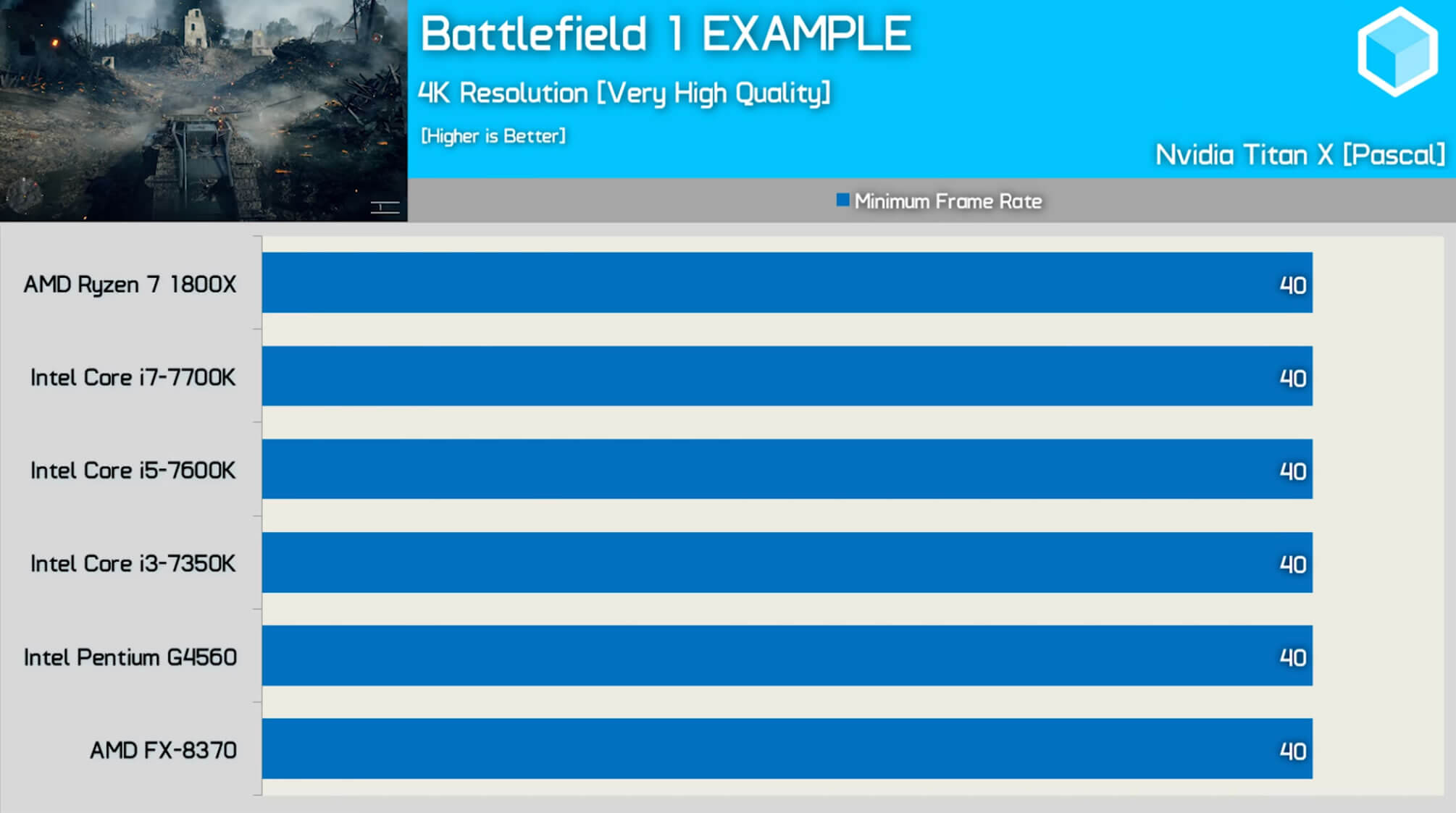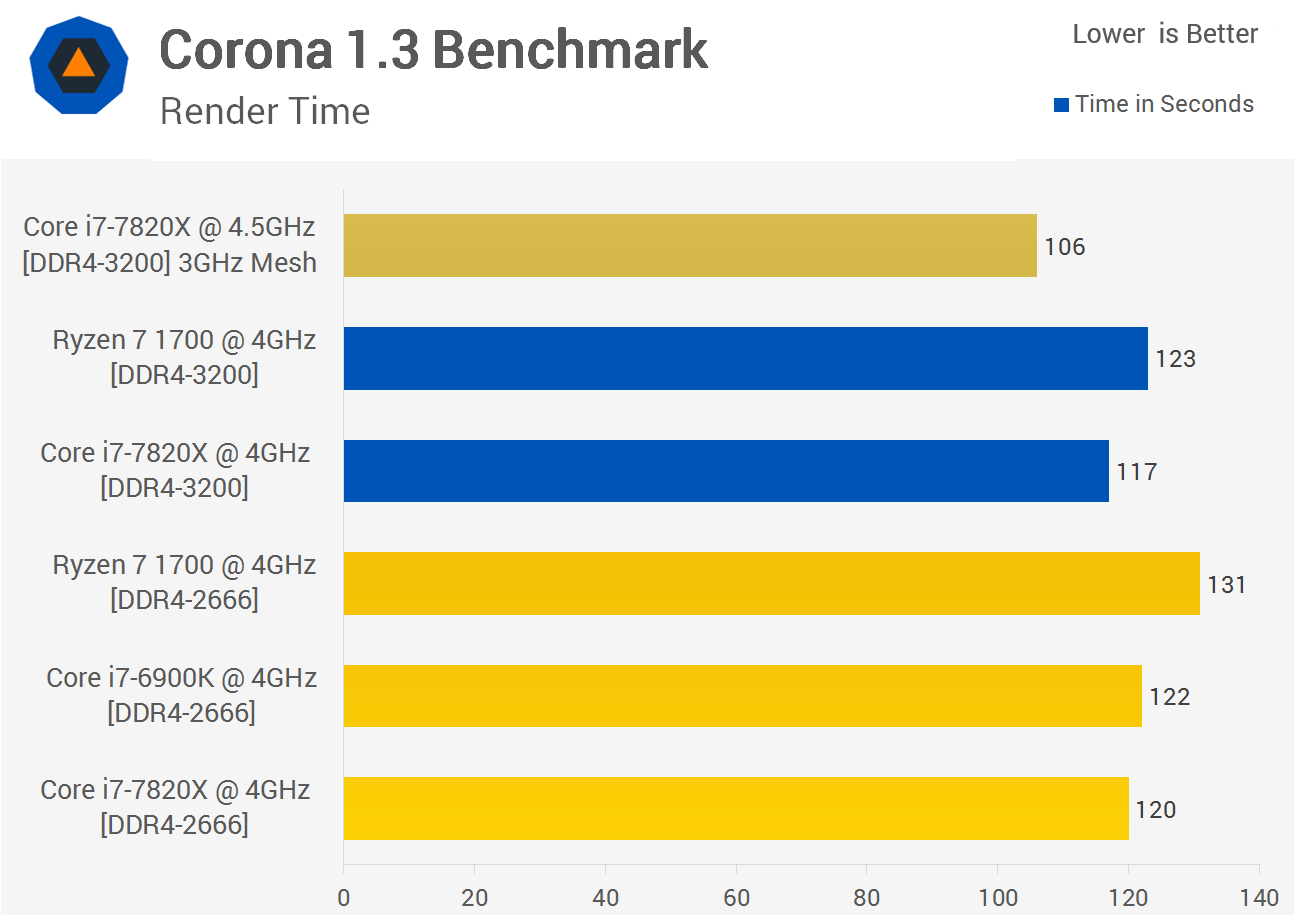No one said so. You continue seriously confused. Saying that both Piledriver and RyZen will be bottlenecks in the "future" doesn't imply both will do at the same instant. Piledriver will bottleneck first, evidently.
Yes, and that standard 5.0 ghz 8700k will be a bottleneck for 4k un "the future". Better run ouy and get that $800 silicon lottery verzion!
![[H]ard|Forum](/styles/hardforum/xenforo/logo_dark.png)




